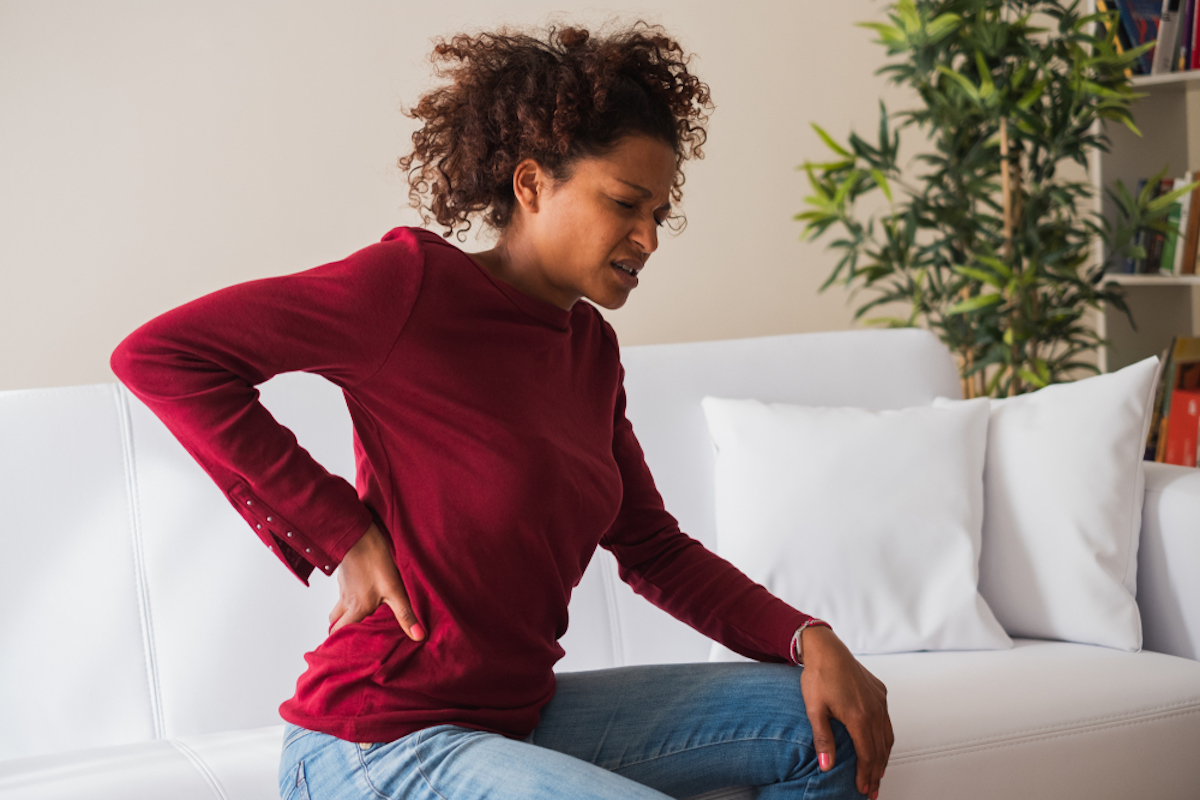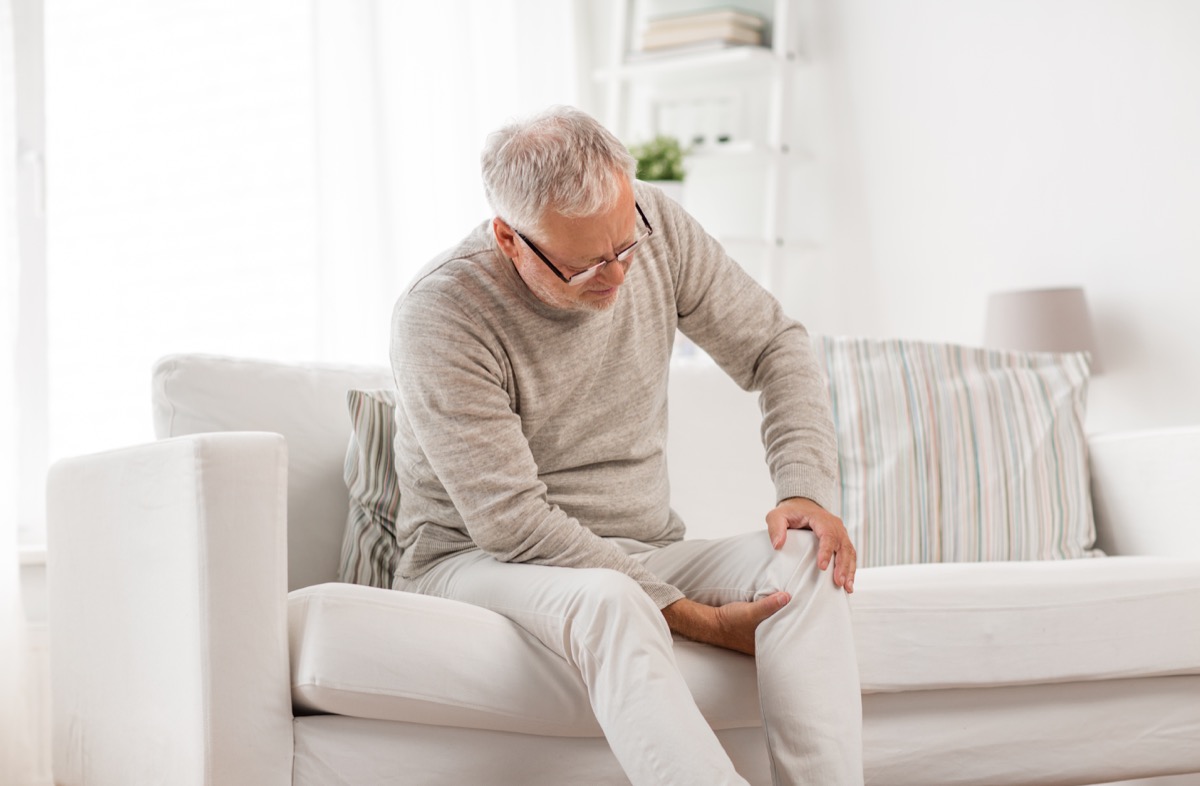If you’re on antidepressant drugs to alleviate your back pain, you may want to reconsider what you’re taking. A Jan. 2021 study out of the University of Sydney published in The BMJ found that antidepressant drugs, while widely prescribed for back pain, are largely ineffective in treating this condition. The study, which compiled over 33 previous studies and 5,300 participants, found that serotonin-norepinephrine reuptake inhibitors (SNRIs) only slightly reduced back pain after three months of use. “The effect was small—an average difference of 5.3 points on the pain scale compared with placebo—and unlikely to be considered clinically important by most patients,” per a statement attached to the study. However, the researchers acknowledged that some patients may choose to try antidepressants for the small chance of pain reduction. And for more medications to be careful with, If You Take These 2 OTC Meds Together, You’re Putting Your Liver at Risk. The study concluded that antidepressants had a slightly stronger effect on mitigating pain from osteoarthritis, specifically in the hip and knee, after three months of use. The average difference was 9.7 points on the pain scale compared with placebo, which means that “a worthwhile effect could not be excluded.“ae0fcc31ae342fd3a1346ebb1f342fcb Antidepressants are widely prescribed to osteoarthritis patients. The study noted that “osteoarthritis guidelines, such as those from the Osteoarthritis Research Society International (OARSI) and the American College of Rheumatology recommend duloxetine for pain management.” And for medication to avoid, If You Take This Common Medication to Sleep, Stop Now, New Study Says. According to the study, “antidepressants are endorsed by most (75%) clinical practice guidelines for low back pain.” But although antidepressants are widely prescribed for pain management, the reason they work in some cases isn’t fully understood. The Mayo Clinic speculated that “antidepressants may increase neurotransmitters in the spinal cord that reduce pain signals.” But relief is not immediate and even when if it is achieved, it’s generally only moderate. People with chronic pain often end up developing depression alongside their condition, so the use of antidepressants is especially apt in treating both ailments, the Mayo Clinic noted. And for more useful information delivered straight to your inbox, sign up for our daily newsletter. The study’s researchers ultimately conclude that drug treatments “are largely ineffective for back pain and osteoarthritis and have the potential for serious harm. We need to work harder to help people with these disorders to live better with their pain without recourse to the prescription pad.” The American College of Physicians (ACP) recommends that doctors avoid prescribing drugs for acute back pain. “Nonpharmacologic treatment, including superficial heat, massage, acupuncture, or spinal manipulation, should be used initially for most patients with acute or subacute low back pain, as they will improve over time regardless of treatment,” according to the ACP. And for medication that might be keeping you up at night, If You Can’t Sleep, This OTC Medication Could Be Why, Experts Say.



